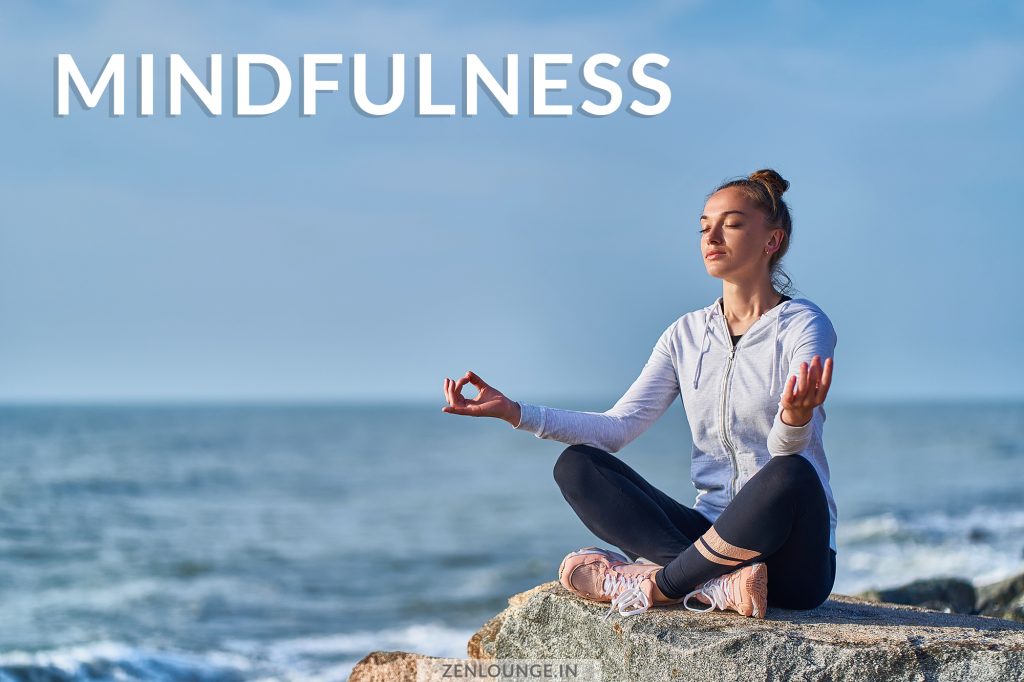
Stress is a natural part of life, but chronic stress can severely impact your physical and emotional well-being. Meditation offers a powerful, accessible tool to reduce stress and promote emotional clarity. Whether you’re new to the practice or looking to deepen your routine, understanding and integrating different meditation techniques can create a profound sense of calm.
Key Techniques:
- Deep Breathing: Also called diaphragmatic breathing, this technique involves slow, intentional breaths that activate the parasympathetic nervous system, reducing cortisol levels. Try the 4-7-8 technique: inhale for 4 seconds, hold for 7, exhale for 8.
- Body Scanning: In this method, attention is directed to each part of the body to notice sensations, release tension, and cultivate awareness. This practice is especially helpful before sleep or after a stressful event.
- Mindfulness Meditation: This involves focusing on the present moment without judgment. By observing your thoughts and emotions from a distance, you begin to recognize stress triggers and respond more mindfully.
Daily Practice Tips:
- Start with 5–10 minutes a day and gradually increase.
- Use guided apps like Headspace or Insight Timer.
- Practice at the same time each day for consistency.
Meditation doesn’t require hours of silence—it just needs commitment and patience. Over time, it can transform how you handle challenges and build emotional resilience.



